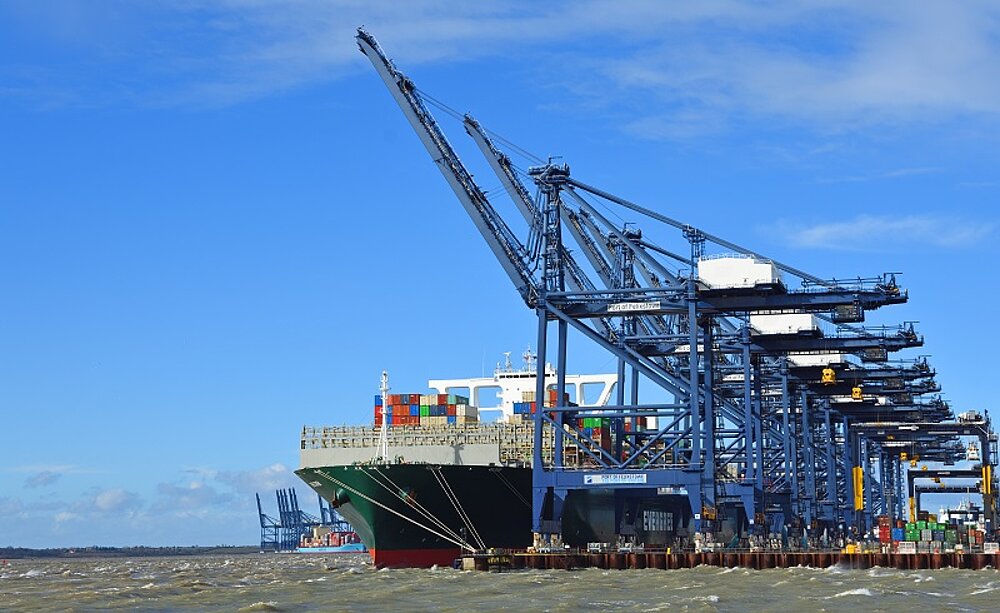Find out today what the legal world will be talking about tomorrow.

Since Wednesday, the Suez Canal has been blocked by the 400m long container ship “Ever Given” of the shipping company Evergreen Marine. According to current information, it had probably become unable to maneuver in the wake of a sandstorm and a power failure on board, veered off course and ran aground. Salvage operations are slow and there is no telling when traffic will be able to resume in the canal. Numerous vessels are trapped in the canal or waiting to pass through. Approximately 12% of the world's trade volume is transported through the canal, as the canal greatly shortens the approximately 7,000 kilometer longer route between Asia and Europe. It is already foreseeable that this incident will have a not inconsiderable impact on supply chains in Europe, considering that normally more than 50 ships a day pass through the Suez Canal.
For shippers, carriers and recipients alike, the “blockade” of unforeseeable duration results in numerous problems, especially due to disruptions in supply chains. Transport routes are interrupted and the market is already reacting by a sudden increase in oil prices. Shipping companies speak of about USD 100,000.00 damage per day for a waiting large container ship.
In view of the numerous uncertainties for all shippers (e.g. seller), consignees (e.g. buyer), carriers and forwarders, it is now particularly important to examine and secure claims under commercial, insurance and freight law. The legal problems will be considerable and will vary from case to case, such as the question of the applicable law for the enforcement or defense of recourse claims. Already now, the focus should be on securing claims (e.g., through liability holds and reminders), in particular to secure the (exclusion) periods under transport law in the event of missed delivery deadlines and delays. For shippers and recipients, it is advisable to check the insurance conditions to see whether coverage is nevertheless available even in the case of an unavoidable event (force majeure) and the associated exclusions of liability under transport law. In any case, shippers and consignees should notify their insurers of possible damage.




